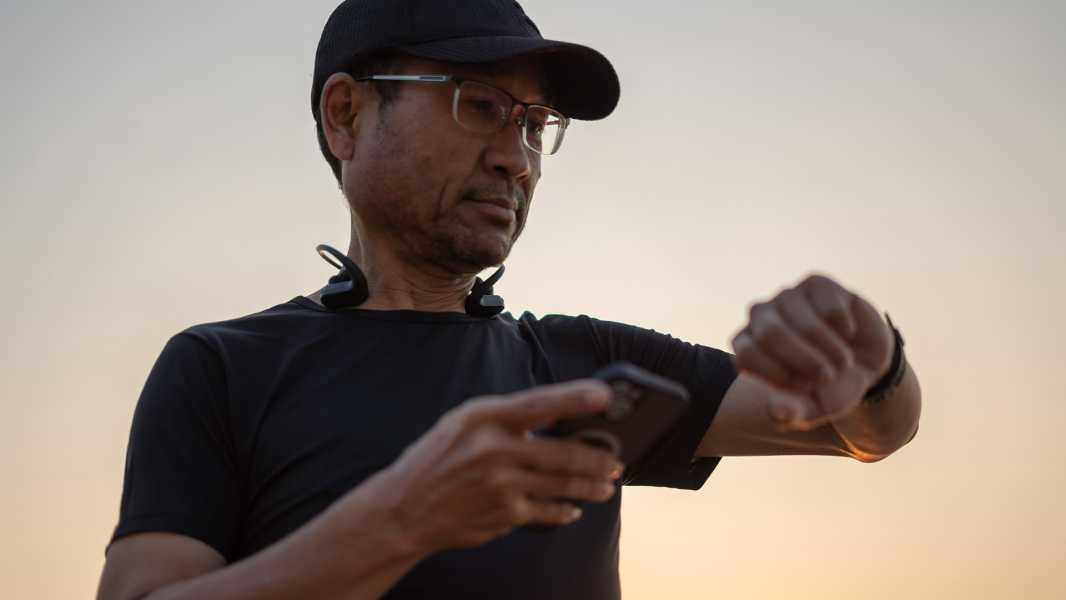
There are various devices available online that claim to be able to monitor blood sugar levels without the need for a skin prick. (Image credit: sutiporn somnam via Getty Images)
Smart watches and “smart rings” are being promoted as devices that can measure blood sugar levels without pricking a finger, but the gadgets have not been approved by the Food and Drug Administration (FDA) and should not be used, federal officials have warned.
People with diabetes need to carefully monitor how their blood glucose levels change in response to medications, diet, and physical activity. Incorrect measurements can cause patients to take the wrong dose of insulin or other blood sugar-lowering drugs, which can cause serious consequences such as seizures and coma.
Some smartwatch apps provide blood sugar information, but those apps are linked to FDA-cleared devices that puncture the skin, such as continuous glucose monitors. Consumers should be wary of smartwatches that are marketed as self-monitoring devices for blood sugar, the FDA warned in a statement released Feb. 21.
“The FDA has not authorized, approved, or cleared any smartwatch or smart ring intended for self-monitoring or estimating blood glucose levels,” the statement said. “Please be aware that the safety and effectiveness of such devices have not been evaluated by the FDA, and their use may result in inaccurate blood glucose readings.”
The FDA's warning applies to any smartwatch or smart ring that claims to measure blood sugar levels without puncturing the skin. The agency's warning does not name specific products, but it notes that such devices are made by many companies and sold under different brands. They are often available through online retailers or directly from manufacturers, the agency added.
The FDA is now working to prevent manufacturers, distributors, and retailers from illegally selling these devices. In the meantime, the agency encourages patients to discuss approved blood sugar meters with their doctors.
“If your health care depends on accurate blood glucose readings, talk to your healthcare provider about the appropriate FDA-cleared device that meets your needs,” officials said in a statement.
Anyone who experiences problems with inaccurate blood glucose readings or adverse effects from using an unauthorized smartwatch or smart ring can report the problem through the FDA's MedWatch voluntary reporting form.
This article is for informational purposes only and does not constitute medical advice.
Have you ever wondered why some people gain muscle more easily than others, or why sun exposure causes freckles? Send us your questions about how the human body works to [email protected] with the subject line “Health Desk Q,” and you might see your question answered on our site!

Nicoletta LaneseSocial Links NavigationChannel Editor, Health
Nicoletta Lanese is the Health Editor at Live Science and previously served as the site's news editor and staff writer. She holds a graduate degree in science communication from the University of California, Santa Cruz, and degrees in neuroscience and dance from the University of Florida. Her work has appeared in The Scientist, Science News, Mercury News, Mongabay, and Stanford Medicine Magazine, among other
Sourse: www.livescience.com





